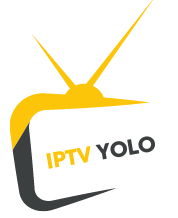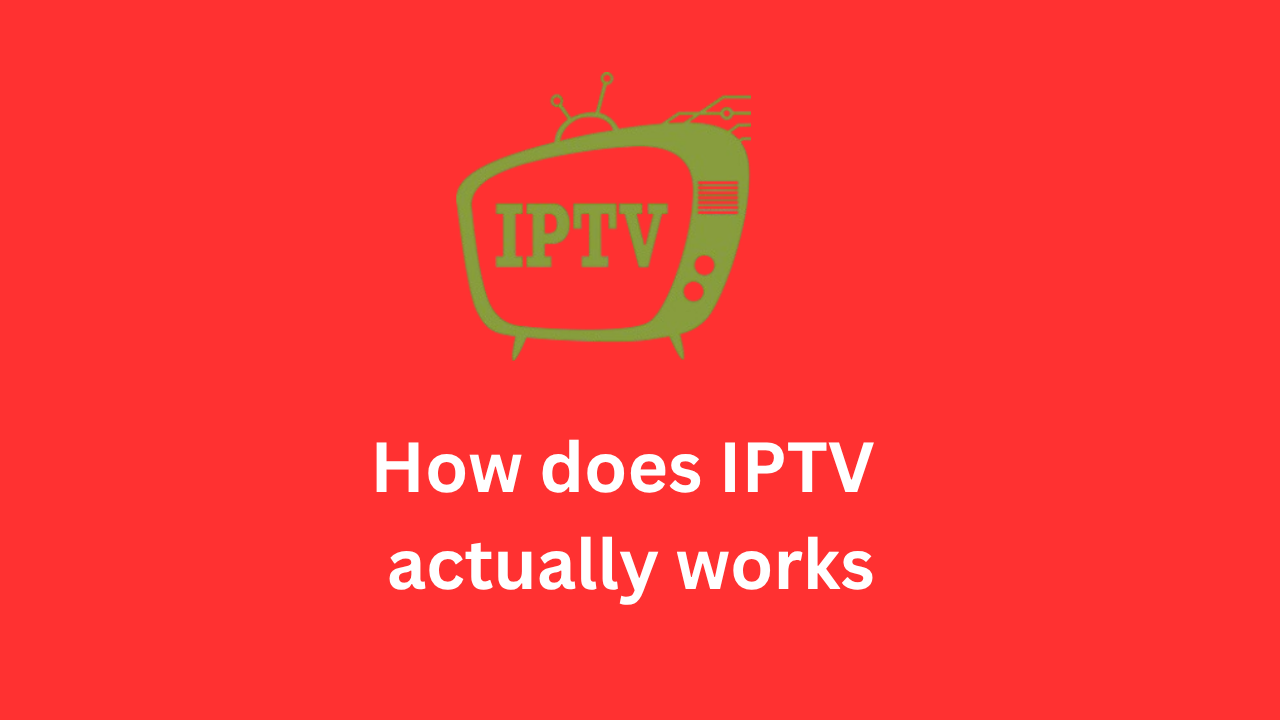IPTV is the one solution for all the missed live Matches, news and live talk shows because of office workload or family gathering. IPTV service resolves the fights between siblings to watch their favorite show as they can stream their shows on their devices. You can go to receive pizza amongst the deadly fight of an eagle and jaguar by just hitting the pause button. Your kids get easily ready for school because they can watch their special shows anytime they want.
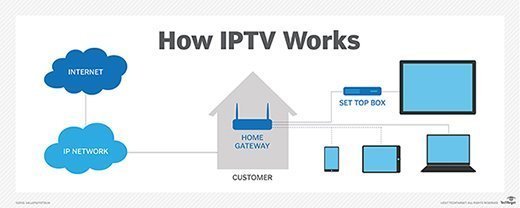
Let’s explore how IPTV works, how IPTV service providers operate, Legal and Unauthorized services, risks and potentials of IPTV technology and will it work for you?
What is IPTV
In simple words, Internet Protocol Television service enables viewers to watch TV programs and live shows over the Internet. Unlike traditional broadcasting methods like satellites or cable connection providers, IPTV service providers stream TV content over the internet connection. This includes everything from live streaming of TV shows, live matches, movies, series to video on demand VOD and time-shifting media.
How IPTV differs from traditional TV
In traditional TV setup, channels broadcast their programs simultaneously and the end user has to select one program at a time by selecting the channel. Whereas, in IPTV the user selects the program first and then it is streamed to them. Traditional TV setup relies entirely on satellite or cable infrastructure whereas IPTV can be streamed on any smart device with or without set-top box. As IPTV content is streamed over the internet it also enables users to pause, rewind and rewatch the content whenever they want.
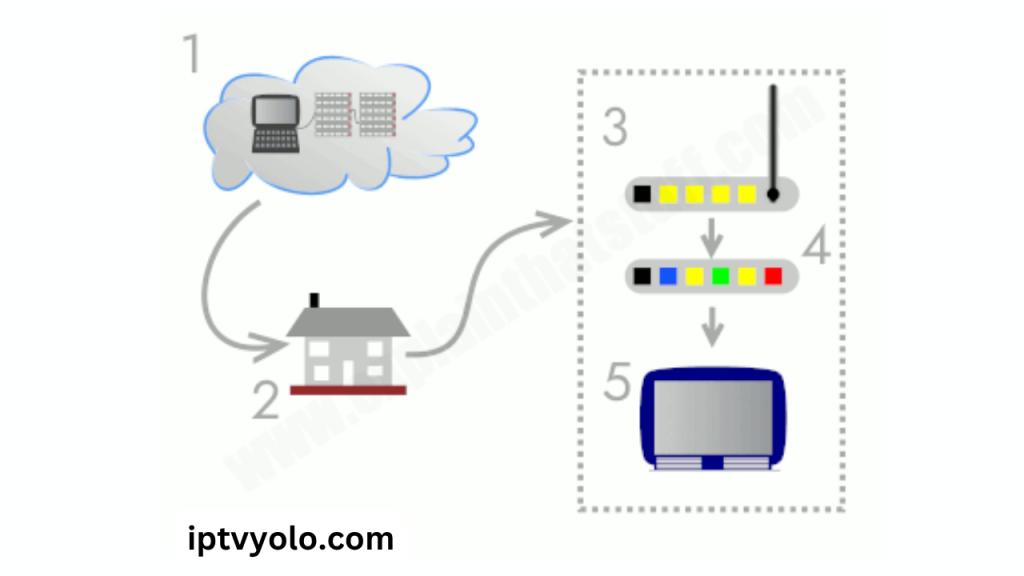
Here is a quick comparison between IPTV and traditional TV.
| Feature | IPTV | Traditional TV |
| Delivery method | Internet connection | Coaxial cable or satellite |
| Device compatibility | Any internet compatible device | Relies only on TV |
| Time flexibility | Watch anytime | Fixed schedule |
| Content options | Live, time-shifted media,VOD | Live TV only |
| Interactivity options | Pause, rewind, ondemand | No such options available. |
How IPTV differs from online video platforms.
Online video platforms also provide live streaming features but IPTV infrastructure is different. It is merely based on TV channel content. Unlike online video platforms like Youtube and Facebook that stream user generated content, IPTV provides scheduled, structured broadcasts of licensed TV channels.
Types of IPTV
IP broadcasting models have three main types depending upon their mode of content distribution and audience demand.
Live streaming
Live IPTV streaming or live TV is the same as traditional cable TV that delivers live TV channel content over the internet. Advantage of live IPTV over cable TV is that users can pause the show, rewind and interact in many ways that cable TV lacks.
IPTV service providers also provide subscriptions of international channels and benefit immigrants, who want to watch shows in their native language.
Video on demand
In addition to live streaming, IPTV also provides a library of on demand videos. Netflix works on this principle. Users select the video and it is sent to them through internet service. VOD is not bound to a broadcast schedule or a live stream. Users can select and watch them at any time on any internet device.
Time shifting
Time shifting or catching up a live program also provided by IPTV. Users can watch their missed live streamed matches, shows and series at any time. IPTV time-shifting feature lets users watch their favorite shows at their own convenience offering flexibility and peace of mind.
How does IPTV work technically?
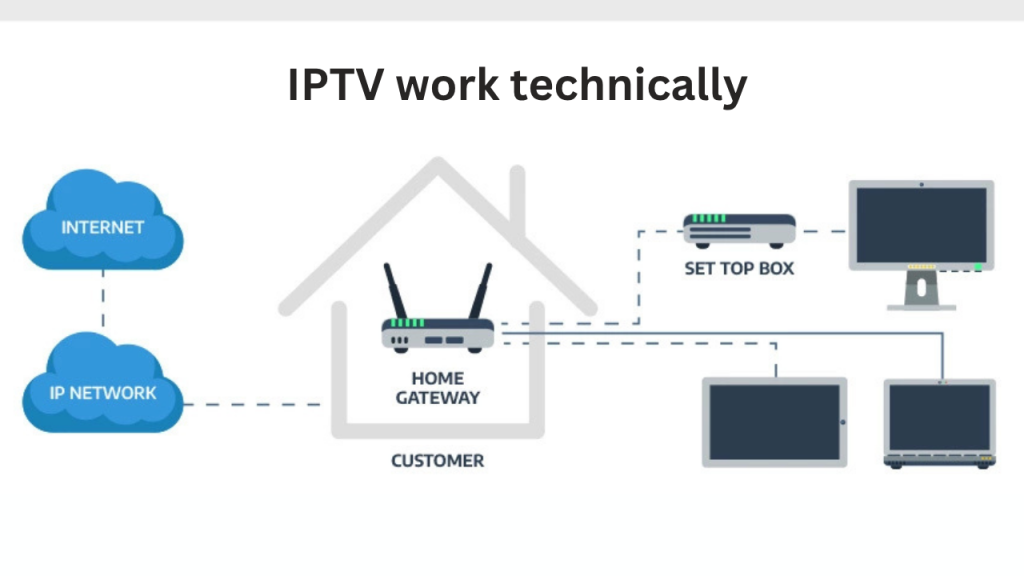
The IPTV system works on the 4s model, source, stream, serve, screen. This model resembles most with the data delivery method used for other kinds of data i.e., emails and websites. Here’s how it happens.
Source:
IPTV service providers source the content from various sources through direct partnership with broadcasters or licensing deals. They digitalize the analog data and store it on their servers.
Stream:
This content is then encoded and compressed in a stream-friendly format (e.g., H.264, H.265). As IPTV content transmits data through internet packets.
Serve:
The prepared data is then delivered over the IP to users through internet protocols like HLS (HTTP Live Streaming), RTSP, or MPEG-TS.
Screen:
Users access the content through an IPTV app, set-top box, or smart TV interface. Users send the request to the IPTV server, which streams the video content in real-time or on-demand.
Can internet providers block IPTV?
IPTV streams over the internet and internet service providers ISPs can control its streaming.
So Yes, they can block IPTV data traffic, especially when the streams are unauthorized or violate copyright laws. Legal and licensed IPTV services are typically unaffected, but illigal ones are often blocked by ISPs under regulatory pressure.
Types of IPTV service providers.
In the US there are many types of IPTV service providers based on their work model, subscription cost and legal compliances.
Free VS paid IPTV.
Many IPTV service providers offer free content. They use different legal models to attract clients, like ad support or restricted content. On the contrary, there are many unauthorized free apps and apks are also available over the internet that often stream unlicensed content and are illegal and risky.
Difference between legal and illegal IPTV providers.
Legal IPTV services have proper licenses from distributors and channels. They pay for broadcasting rights, follow copyright laws, and are 100% safe for subscription. On the other side, many providers offer a multitude of premium channels at far low prices, but don’t have the legal rights to distribute the content. Using these services may violate copyright laws. Law enforcement focuses on the sellers and resellers, but users can still face legal ristrictions, especially in countries with strict digital piracy restraints.
Legal IPTV providers in the US.
There are many legal IPTV providers operating in the US with top names including YouTube TV, Hulu + Live TV, Sling TV, fuboTV, and Philo. But, the list doesn’t end there—several other licensed IPTV services also give their services in the U.S.
Before subscribing, always verify the provider’s legal status. Ask for content licensing rights, check their availability on app stores like Google play or or apple store because illegal ones are not listed there. Visit their official sites and go through their payment methods, as many illegal providers do not have their official sites and they often charge in crypto or unverified payment methods.
Risks of using unauthorized IPTV.
Using unlicensed IPTV may feel cost-effective on the surface, but there are more risks than benefits. Illegal IPTV services lead to legal issues, and privacy risks. They often use unsecure payment options, putting users at risk of fraud or data leak. Users must always verify licensed IPTV providers.
Pros and cons of using IPTV.
Same as every other technology, IPTV has its own benefits and dependencies. Keeping in mind, you can make wise decisions for yourself.
Benefits.
- IPTV provides time flexibility, users can watch any channel worldwide, at any time on your preferred device.
- Users can interact with your content, pause it and replay it how many times you may need. You can demand videos and replay missed streams at your own convenience.
- As IPTV is independent of cable and satellite infrastructure and equipment, it provides far less rates than many cable providers. It also gives flexibility to cancel subscriptions anytime you want.
Dependencies.
- IPTV depends on fast and stable internet connection for seamless streaming experience. slow speed and lagging connection will ruin the stream, especially during peak hours.
- Every IPTV service works on their own models . Some are super smooth, while others are unreliable servers, or poor customer support.
Final thoughts.
IPTV transformed the way you watch TV. you can now interact with the content, pause, rewind and even watch at different times. You can watch international channels without any hassle. As IPTV service providers operate on 4s principle that is source, stream, serve, screen, they source thousands of live channels, compress them and save them on servers and stream the content on demand, people enjoy seamless streaming at their own convenience.
Selection of IPTV service requires some manual research. You can check their google reviews and websites for overall reputation along with their licenses and channel agreements. There are many IPTV providers who provide unlicensed or pirated content and scam in other ways such as malicious apps or fraudulent subscriptions. Stay aware of potential risks and enjoy IPTV smart streaming experience.
Frequently asked questions.
What is the average rate of IPTV subscription in the US?
Average IPTV subscription typically ranges from $25 to $75 depending on the service provider and subscription you select. Some providers often give cheaper rates because they may sell pirated or unauthorized content.
What is the minimum internet requirement for IPTV?
Minimum of 15-20 Mbps connection you need to stream buffering free streaming of IPTV is required along with IPTV apps installed on devices, smart TV or set-top box for connectivity.
Does IPTV use a lot of internet?
Yes, it does. Depends upon quality of video you stream, usually SD and HD streaming videos take .5 GB to 3GB of data while full HD reaches to 4-5 GB per hour and 4K Ultra HD can take up to 10GB of data per hour
Can I use IPTV without VPN?
IPTV is not dependent on VPN connectivity in order to operate, if you are using a licensed service. VPN is necessary in certain cases such as if you want to keep privacy of data, you want to bypass regional blocks or your ISP (Internet service provider) throttles or blocks IPTV traffic. Your service provider may ask you to use VPN if they are not licensed or using unfair means to deliver content, beware.
.Do you have to pay monthly on IPTV?
Most often IPTV subscription requires a monthly fee. Some services offer discounts on 6 month or yearly subscriptions. Some providers often give free but limited services, free trials and promo offers that do not require a monthly fee. In some rare cases they offer one time fee, but here you have to be aware of scammers and frauds.
Is IPTV legal in the US?
The short answer to “Is IPTV legal is the US?” is, “Yes”. But only the licensed ones. There are many unauthorized IPTV service providers that sell subscriptions at very cheap rates and violate copyright laws. Before subscribing to a service, check for their authenticity and make wise decisions.
Monica Cullan is an experienced author at IPTVyolo with 5 years of expertise in IPTV. She focuses on sharing practical guides and solutions, helping readers navigate and resolve common issues with IPTV services. Monica is dedicated to providing clear, straightforward advice that makes streaming easier for everyone.
